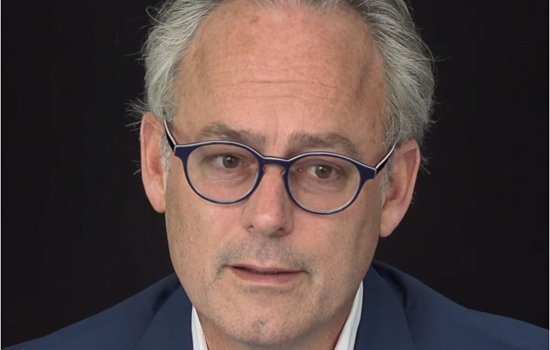Reading time: About 2 minutes
I like to share interesting pieces of figurative language I encounter in my reading. I write today about a series of arresting images from American writer Amor Towles….
I love receiving books — they are my favourite gift in the world. Particularly if the giver has already read the book and figures it might be a good match for me. This scenario explains how I encountered A Gentleman in Moscow by Amor Towles (pictured above) — a gift from a thoughtful friend and colleague.
Unbeknownst to me, I had already read a previous Towles book (I discovered this fact only after writing this post when my blogging software kicked up the previous entry.) I enjoyed Gentleman so much more than the first book and I found that Towles’s writing had become even more visually arresting.
Here are my favourite bits of figurative language:
- Giving the startled fruit seller no time to reply, the Count walked briskly on, his waxed moustaches spread like the wings of a gull.
- Though the window was only the size of a dinner invitation, the count could see that if pigeon had landed outside on the copper stripping off the ledge.
- He had emerged from behind the walls of the Kremlin like an aviator from the wreckage of a crash.
- Sitting upright, the count put the soles of his feet squarely on the carpeted floor and gave the compass points of his moustaches a twist.
- He slightly extended his index finger in a manner reminiscent of that gesture on the Sistine Chapel’s ceiling with which the Prime Mover transmitted the spark of life.
- At the very end of the hall, one finally came to Yaroslav’s barbershop. A land of optimism, precision, and political neutrality, it was the Switzerland of the hotel.
- If one listened with care, above the pant of the horses, above the whistle of the wind, one could hear the bells of St. Michael’s 10 miles away — and then the bells of St. Sofia’s even further afield — calling one to another like flocks of geese across a pond at dusk.
- As the [actress] studied the Count, he noted that the arches over her eyebrows were very much like the marcato notification in music — that accent which instructs one to play a phrase a little more loudly.
- In Nizhny Novgorod, there are not simply apple trees scattered about the countryside; there are forests of apple trees — forests as wild and ancient as Russia itself — in which apples grow in every color of the rainbow and in sizes ranging from a walnut to a cannonball.
- The pencil was moving so brightly it looks like an honour guard — parading across the page with its head held high then pivoting at the margin to make the quick march back.
- With Andrey a few paces behind him, the Count began walking the cellar’s center aisle, much as a commander and his lieutenant might walk through a field hospital in the aftermath of battle.
- But with Checkhov and Tolstoy, we Russians have set the bronze bookends on the mantelpiece of narrative.
- The Count and the handymen both looked toward the roof’s edge where the bees, having travelled over 100 miles and applied themselves and willing industry, now wheeled above their hives as pinpoints of blackness, like the inverse of stars.
- History is the business of identifying momentous events from the comfort of a high-back chair. With the benefit of time, the historian looks back and points to a date in the manner of a grey-haired field marshal pointing to a band in a river on a map.
An earlier version of this post first appeared on my blog on Sept. 13/18.
[Photo credit: Librairie mollat. Cropped. Licensed under the Creative Commons Attribution 3.0 Unported license.]


